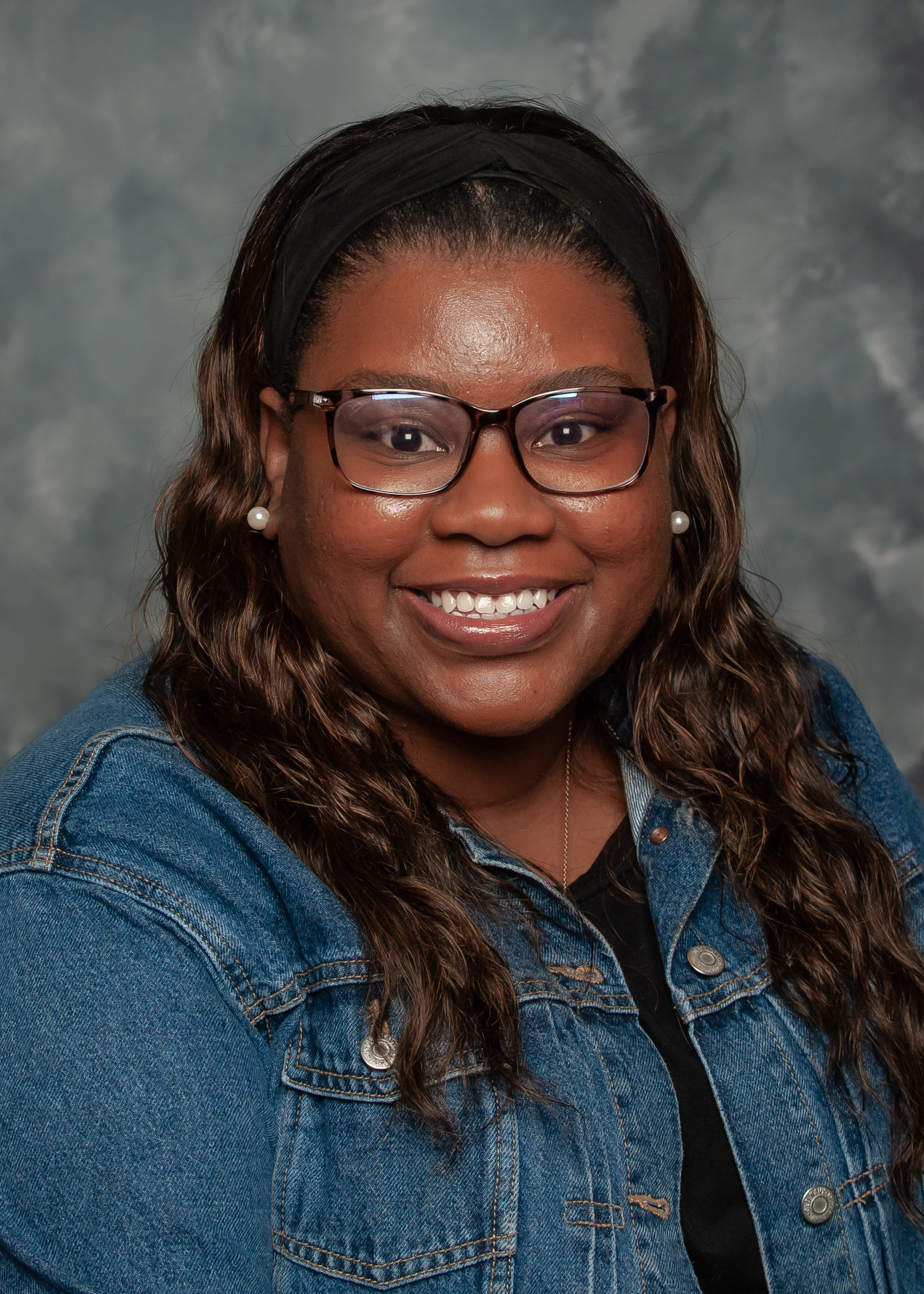Child Development and Family Studies Center
The Child Development and Family Studies Center, the child-study laboratory for the School of Human Sciences, is housed at 501 College View Street and Wallace Circle near the Humphrey Coliseum. Children ages 6 to 8 weeks with first required immunizations to 4 years old or kindergarten eligible are enrolled in 11 classes. There are individually fenced playgrounds with developmentally appropriate equipment for the children and a center garden, in which children participate in growing their own food for classroom tasting.
Hours of Operation
Hours of operation at 7:30 a.m. to 5:30 p.m., Monday through Friday. The Center follows the twelve-month university calendar and is closed on all university holidays.
Organizational Structure
The School of Human Sciences operates the Child Development and Family Studies Center as a laboratory for students who plan to work with young children and families. Administrators are responsible for the day-to-day interactions with the children, their parents, and staff. Full-time teachers, teaching assistants, graduate teaching assistants, and student employees report to the Associate Director/Manager. The Center Manager reports to the Associate Director and Director of the Center, who is responsible for the overall administration. The Director is accountable to the Head of the School of Human Sciences. All employees (including the teacher, child care assistants, and student employees) in each room are required to complete all background checks required by the Mississippi Department of Health and obtain Child CPR/First Aid Certification.
Lab students observe and interact with children at the Center to meet requirements for course credit. Students in four (4) Human Sciences courses participate at the Center two hours per week during the fall, spring, and summer semesters, as well as classes from different departments. Interns may also participate at the Center full-time (480 hours per term).
Governing Principles
- Mississippi State University (MSU) - The Child Development and Family Studies Center is a program with the School of Human Sciences. Employees are required to follow MSU Operating Policies and Procedures.
- Mississippi State Department of Health (MSDH) - The Child Development and Family Studies Center is licensed by the Mississippi State Department of Health. The Center has a copy of Regulations Governing Licensure of Childcare Facilities on file at the front desk for anyone who wishes to review the document at the center or can be reviewed at msdh.ms.gov. Employees of CDFSC are required to meet and follow all guidelines set by the MSDH Regulations Governing Licensure of Child Care Facilities.
- National Association for the Education of Young Children (NAEYC) Accreditation - The Child Development and Family Studies Center follows the requirements to NAEYC early childhood Program Standards and Accreditation Criteria and Code of Ethical Conduct. The Child Development and Family Studies Center is an accredited lab school.
- Infant and Toddler Environment Rating Scale-Revised Edition (ITERS-R) - The Child Development and Family Studies Center uses the ITERS-R scale for age groups between birth-2 years of age as a guide for the classrooms. Employees follow the practices described in the Infant and Toddler Environment Rating Scale-Revised Edition.
- Early Childhood Environment Rating Scale-Revised Edition (ECERS-R) - The Child Development and Family Studies Center uses the ECERS-R scale for the three and four-year-old children. Employees follow the practices described in the Early Childhood Environment Rating Scale-Revised Edition.
Philosophy
The philosophy of the Child Development and Family Studies Center is based on several beliefs about young children that are rooted in theory and accepted professional practice. Environments that practice respect, consistency, and balance best meet the developmental needs of young children. Each child is unique and special. Teachers reinforce each child’s development of a positive self-image. Children are provided opportunities to learn positive ways to interact with and appreciate the distinctive qualities of their peers and others. The creative and cognitive self is optimally supported when center activities and experiences are “hands on” and when teachers are nurturing, sensitive, and encourage curiosity. An inclusive environment that offers each child an opportunity to make decisions and experience the consequences of those decisions is provided. Each child thrives when parents and teachers are partners committed to working cooperatively to enhance the child’s development.
Embracing Distinctiveness: The Child Development and Family Studies Center has a rich and diverse group of children, families, and staff. As a university lab school, the enrollment includes children of students, staff, and the community from many different family structures, socioeconomic status, racial, religious, and cultural backgrounds. Embracing each other’s distinct strengths and perspectives is a part of our daily routines and activities. Parents from other cultures are encouraged to share the uniqueness of their culture with our preschool program's children.
Philosophy of Inclusion: We at the Child Development and Family Studies Center believe each child is unique and that all children can learn. Our program is inclusive and recognizes children’s varied abilities, interests, needs, and learning styles.
Mission Statement
The Child Development and Family Studies Center provide quality child development services to children and their families through positive learning experiences.
Curriculum
The curriculum of the Center is experience-based, emphasizing developmentally appropriate activities. Curriculum is based on the "whole" child with emphasis on his/her social, emotional, physical, creative, and cognitive development. Activities reflect content areas such as music, art, sciences, mathematics, language/literature, movement, sand and water table, and dramatic play for children two to five years. Infants, crawlers, and toddlers have activities that are selected to meet individual interests and developmental needs. We encourage parents to add to the curriculum by sharing their family’s talents and experiences.
Should a child need translation services, CDFSC will coordinate services through MSU. For more information regarding the Curriculum Policy, please see the parent handbook.
Schedule of Activities
Each classroom has a daily schedule posted near the door. The daily schedule for early care and education in the Infant Room and the 1-year old room is flexible and allows for these young children's individual needs. The routines in the 2, 3, and 4 classes provide a framework for regular events such as group time, learning centers, outdoor play, meals, snacks, etc.
Weekly Themes
Developmentally appropriate activities following a weekly or monthly theme are planned for each class beginning with one-year-old group. The theme, learning objectives for the children and daily activities are posted in the classroom.
Parents are regularly provided a copy of the planned weekly theme and the related learning activities (curriculum plans). Learning activities are sent to parents via email by Monday of each week.
Parent's Role and Responsibilities
Parents can contribute suggestions to improve the quality of their child's experience at CDFSC. We believe that parents possess special talents, skills, and knowledge, which will make early education a stronger program.
- Parents know their child best, and this knowledge is a primary resource for CDFSC staff.
- Parents know the way in which they want their child to grow and learn.
- Parents know the community they live in and can address issues directly related to their child/children.
In partnership with parents, the CDSFC Program will work to meet the needs of your children.
How can parents Participate in the Program?
- Parents should get involved with the center-teacher committee.
- Parents should volunteer in the classroom, on field trips, and visit in the classroom and observe.
- Parents should share skills and knowledge with teachers and children.
- Parents should enhance the child's development by reinforcing concepts and skills being taught at your center.
- Parents should attend workshops, training, and gatherings offered at the Center.
- Parents should attend parent orientation and are encouraged to attend parent meetings. A parent handbook is provided at the beginning of the year to help familiarize parents with all policies and regulations.
Tuition and Fees
Registration Fee
A registration fee of $180 is charged upon the child’s admission into the Child Development and Family Studies Center. The registration fee is a one-time fee upon entry that consists- of $105 for registration plus the $75 Supply Fee. (Non- Refundable)
Re-Enrollment Fee
Re-Enrollment Fee of $50 is charged on the April billing to secure your child’s position for August of the upcoming school year. You will be asked the first week of February of your intent for re-enrollment. (Non- Refundable)
Tuition
- Tuition: $600 per month/per child for all ages (regardless of attendance)
- Material fee: $75 per semester/per child will be charged with August and January billing.
Tuition is billed one month in advance. For example, September tuition is billed August 1 and payment is due September 1. Tuition covers a portion of staff salaries and fringe benefits, student employees’ wages, food, supplies, playground, and building maintenance, professional development activities, etc.
Enrollment Eligibility
The Child Development and Family Studies Center serves children between the ages of 6 to 8 weeks with first required immunizations to 5 years of age. Children with disabilities are encouraged and welcomed for enrollment.
To apply parents must:
- Complete a Regular Waiting List Application. Email to brt1@msstate.edu
- Upon availability of space, complete a CDFSC enrollment agreement
- Complete a Personal Data Sheet
- Complete an Emergency Form
- Provide a copy of your child's up-to-date immunization form from your child's physician or local health department.
Waiting List
A list of children who are waiting to be enrolled at the Center is maintained. The Center serves as a laboratory for students in the School of Human Sciences, and therefore, we strive to represent a balance of ages, cultures, and ratio of boys to girls. When a vacancy occurs, parents are contacted by telephone to determine their interests. Priority is given to groups in the following order:
Children 6 to 8 weeks with first required immunization through 4 years old or until Kindergarten eligible:
- Siblings of children currently enrolled at the Center. A child remains as a priority sibling only as long as the "sibling" remains enrolled at the CDFSC
- Children of MSU faculty, staff, and students
- Community
Children's applications are grouped together by Kindergarten start dates, which are assigned upon waiting list enrollment. A child's position on the waiting list would change only due to other children's removal from the list.
Staff
Administration
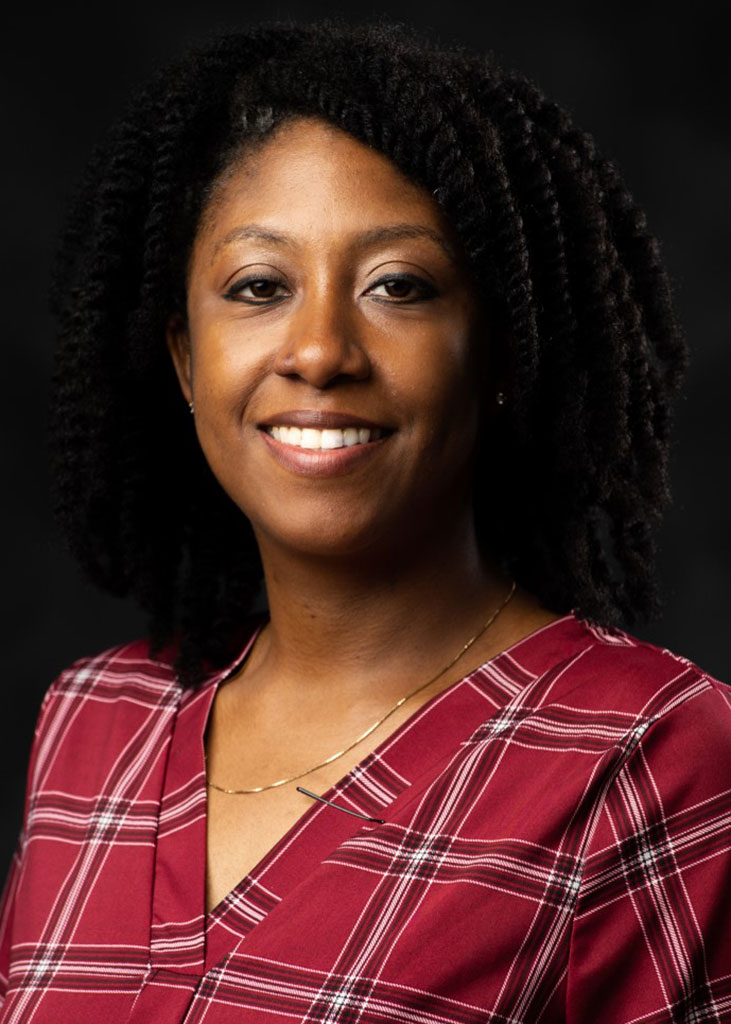
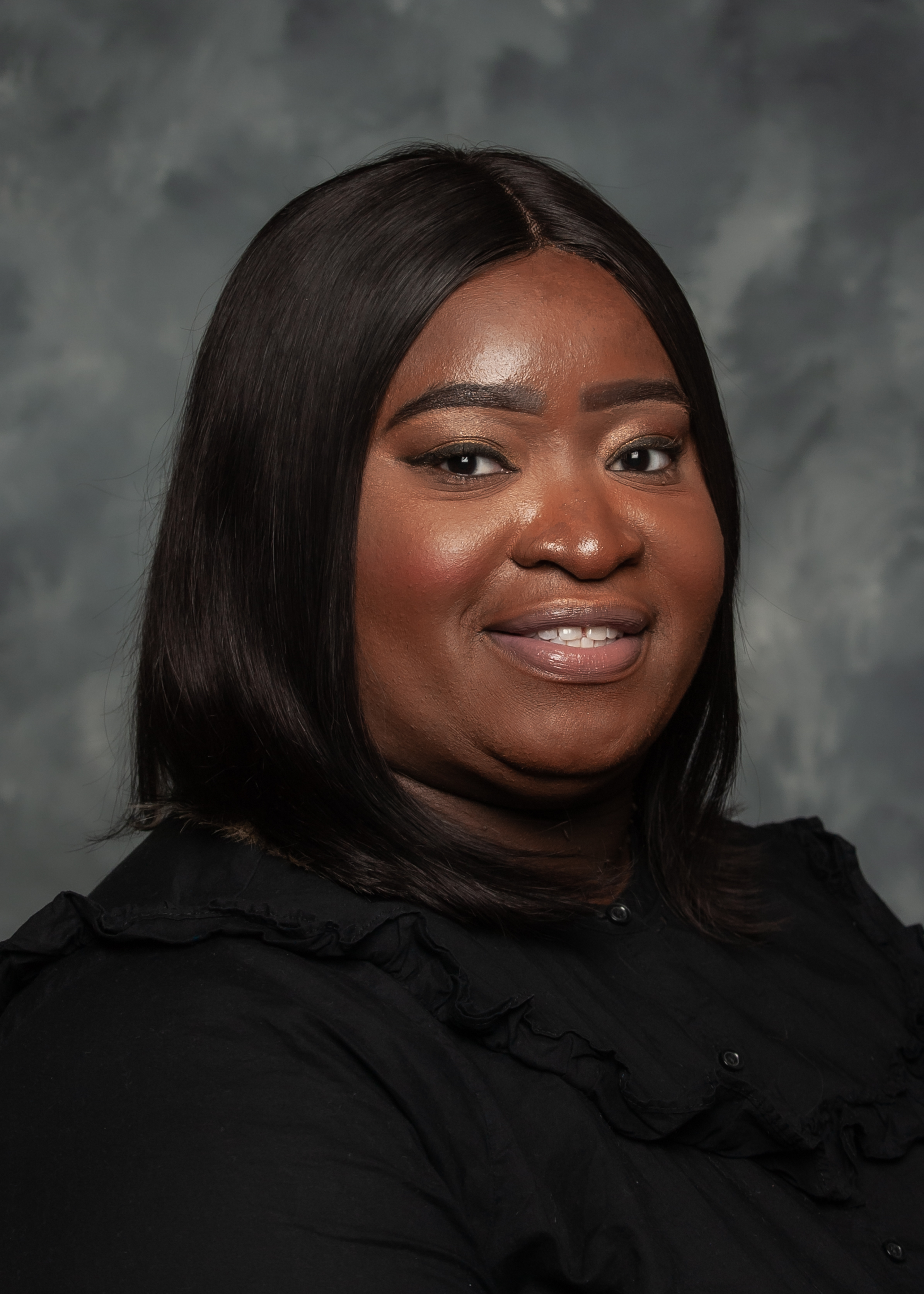
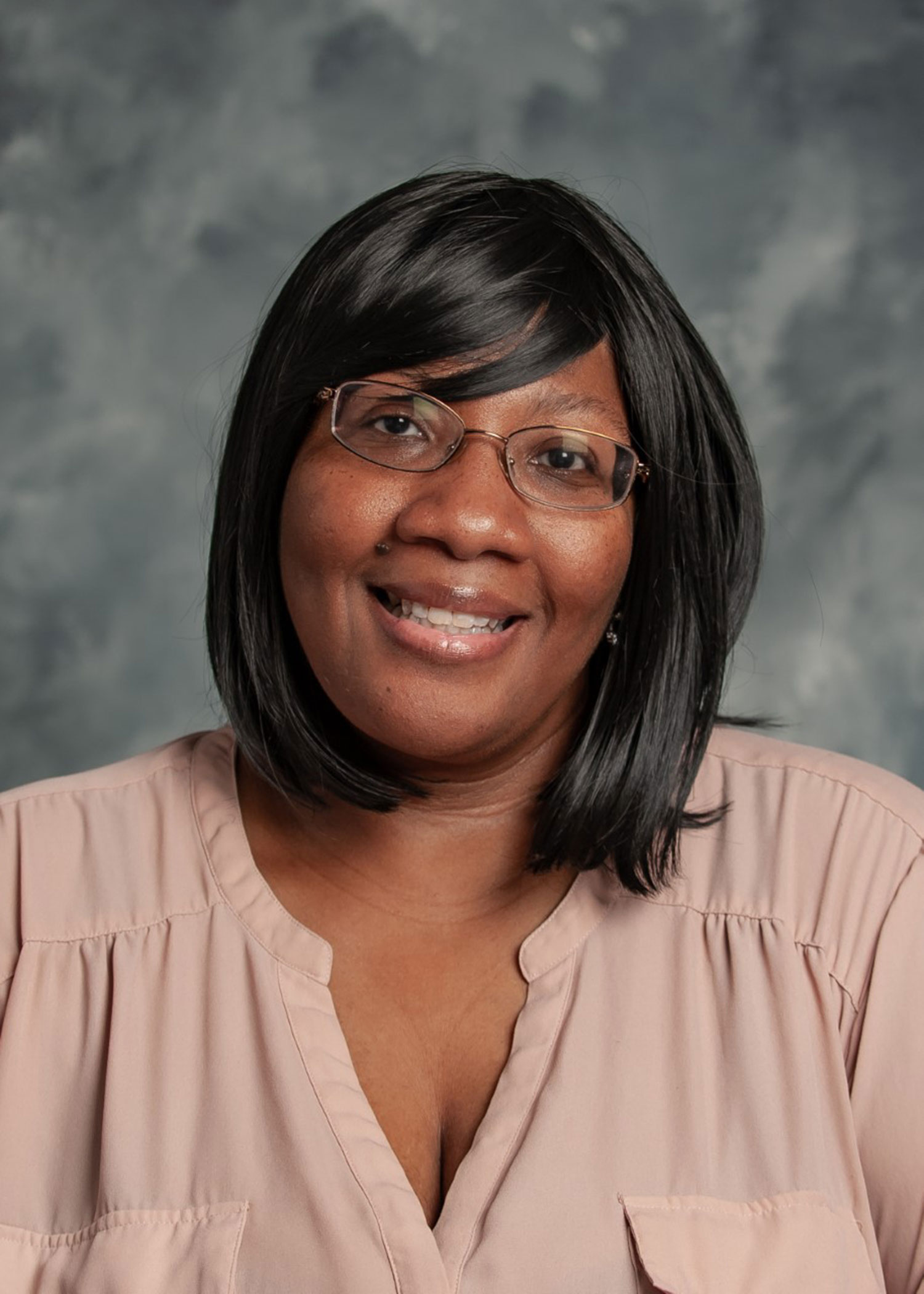
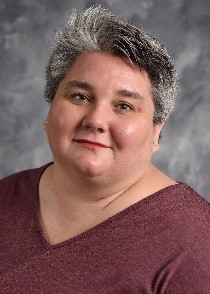
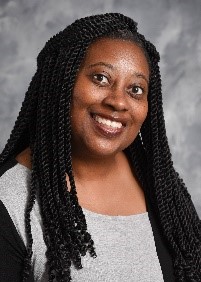
Infants
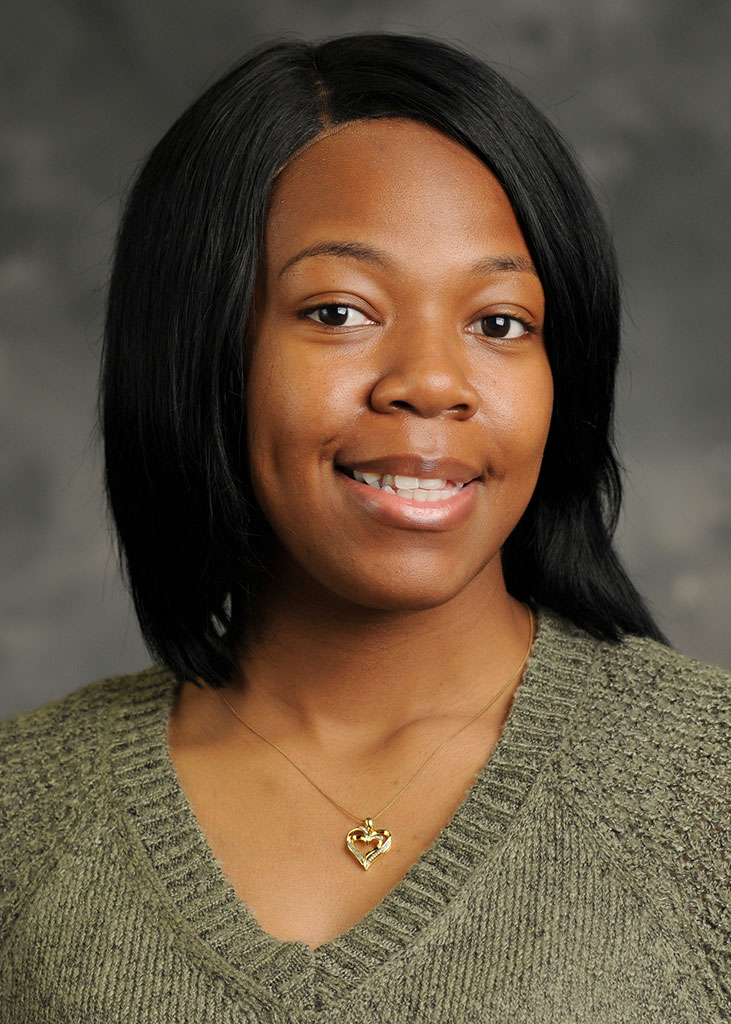
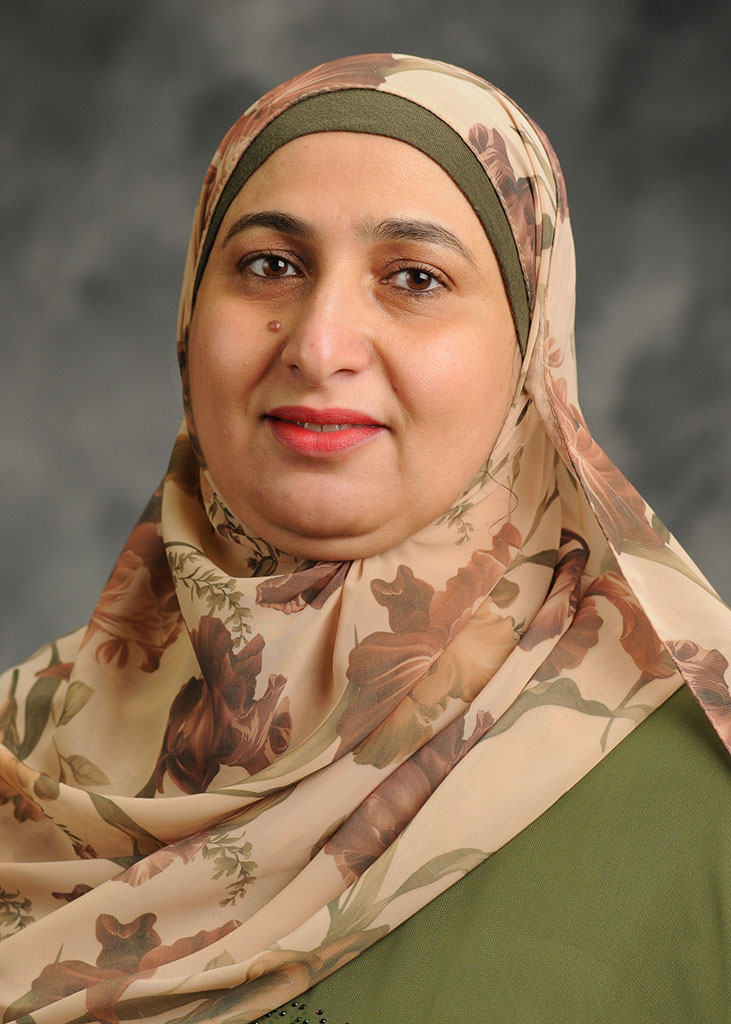
Toddlers
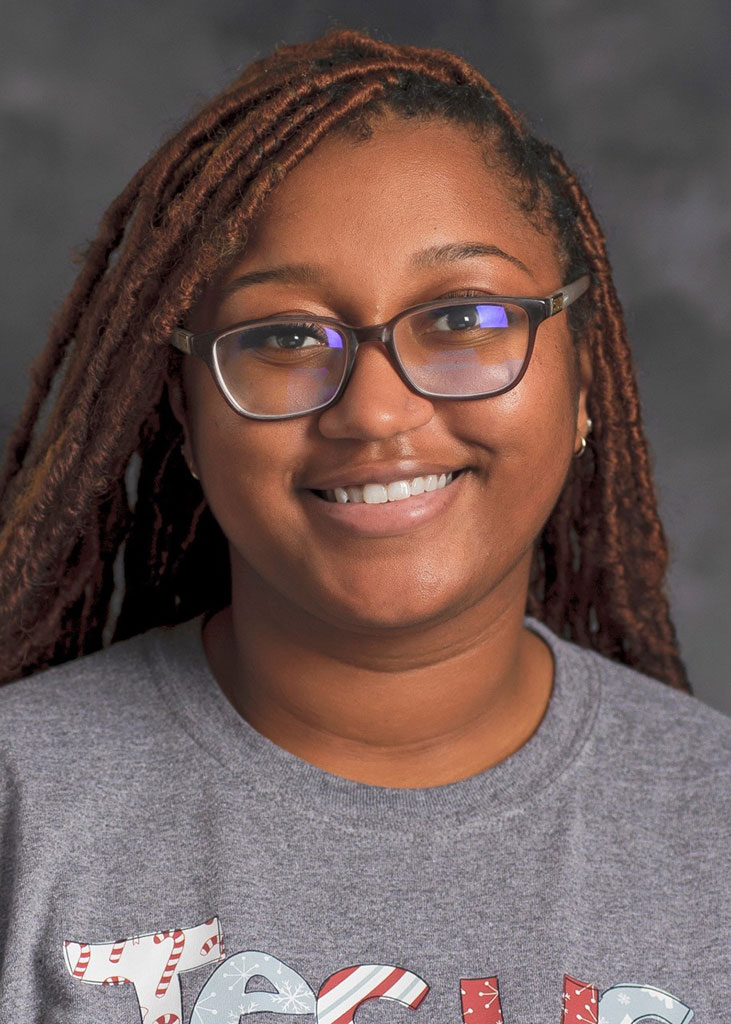
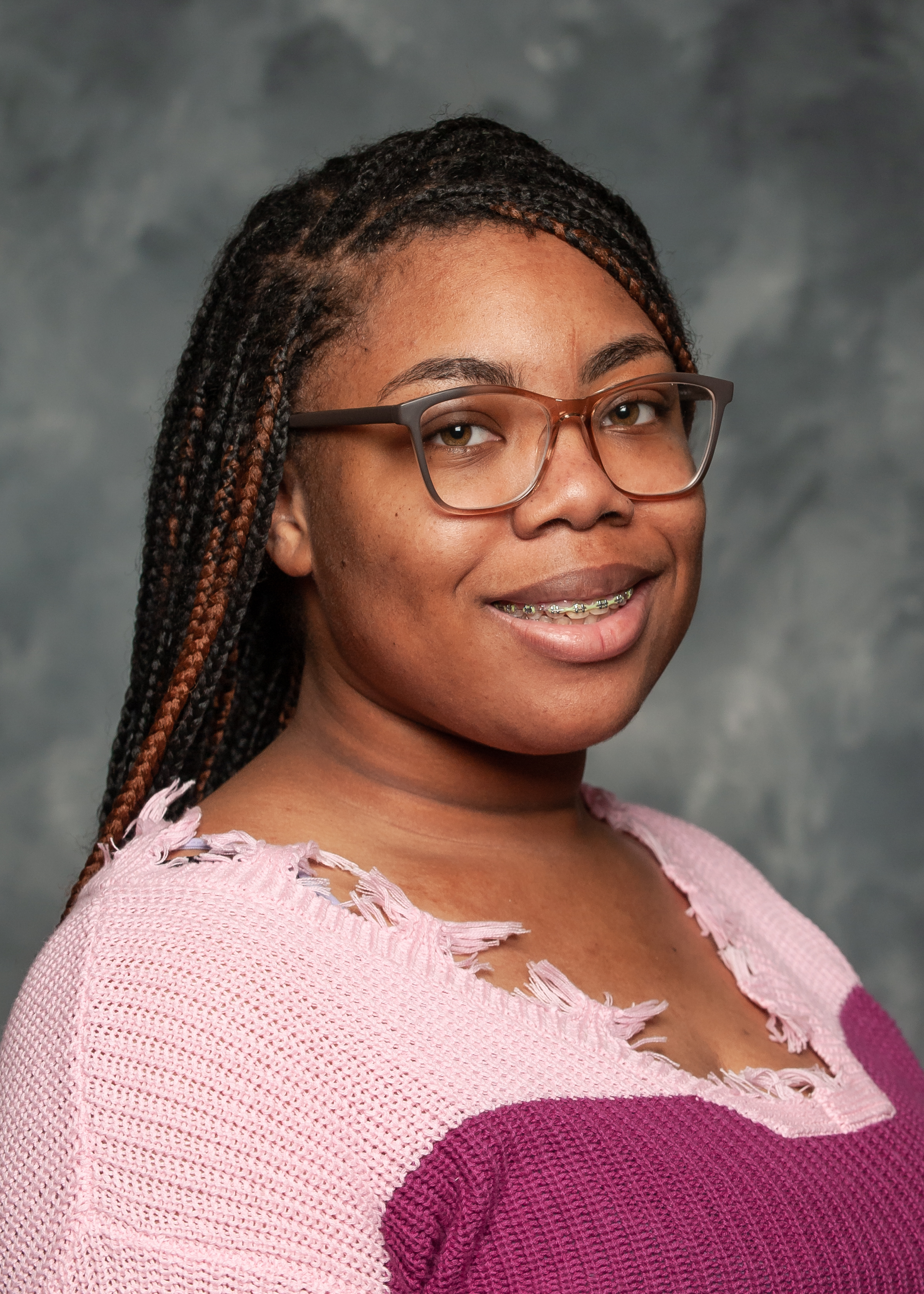
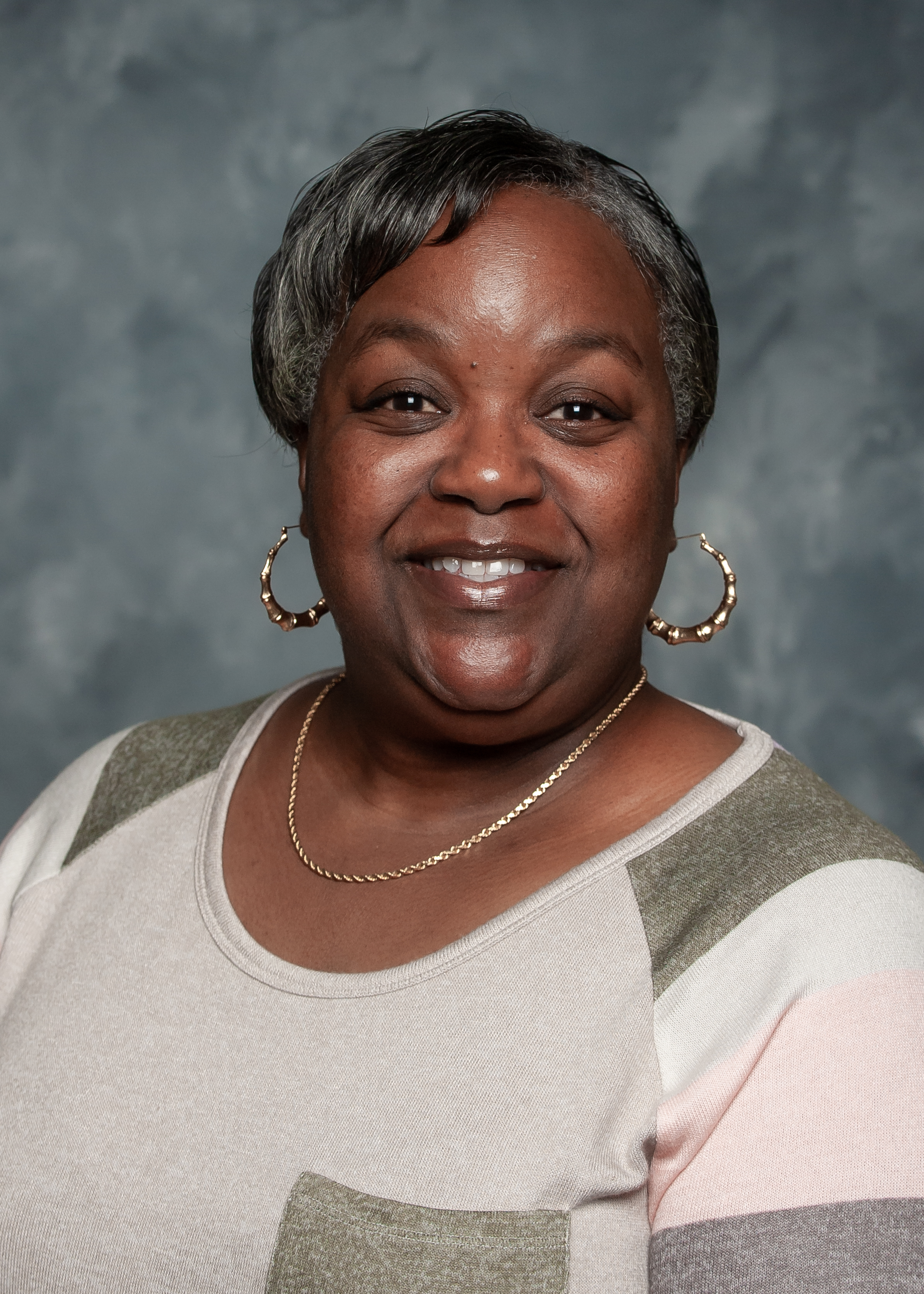
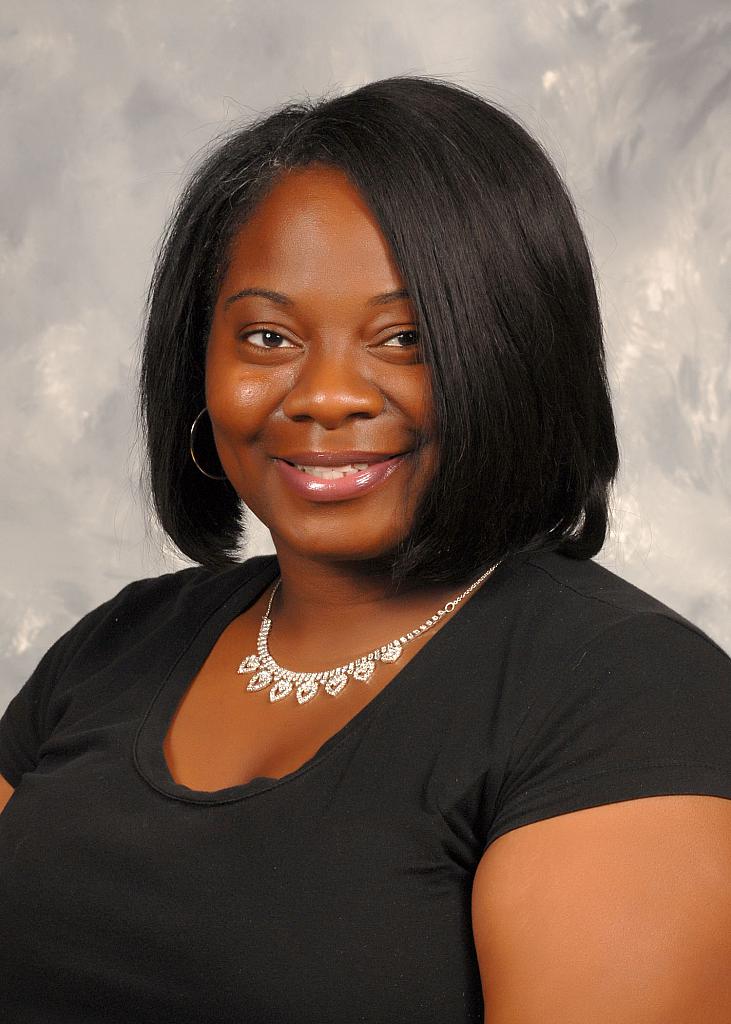
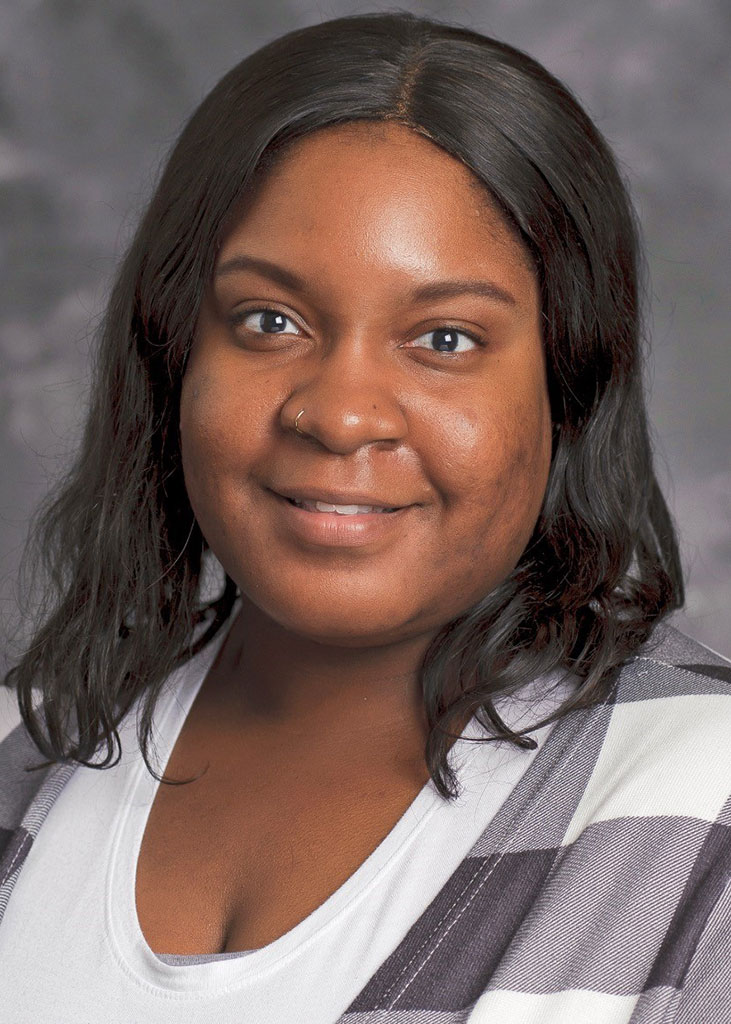
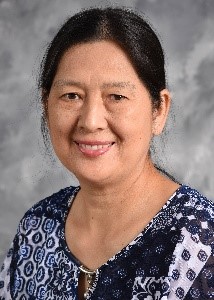
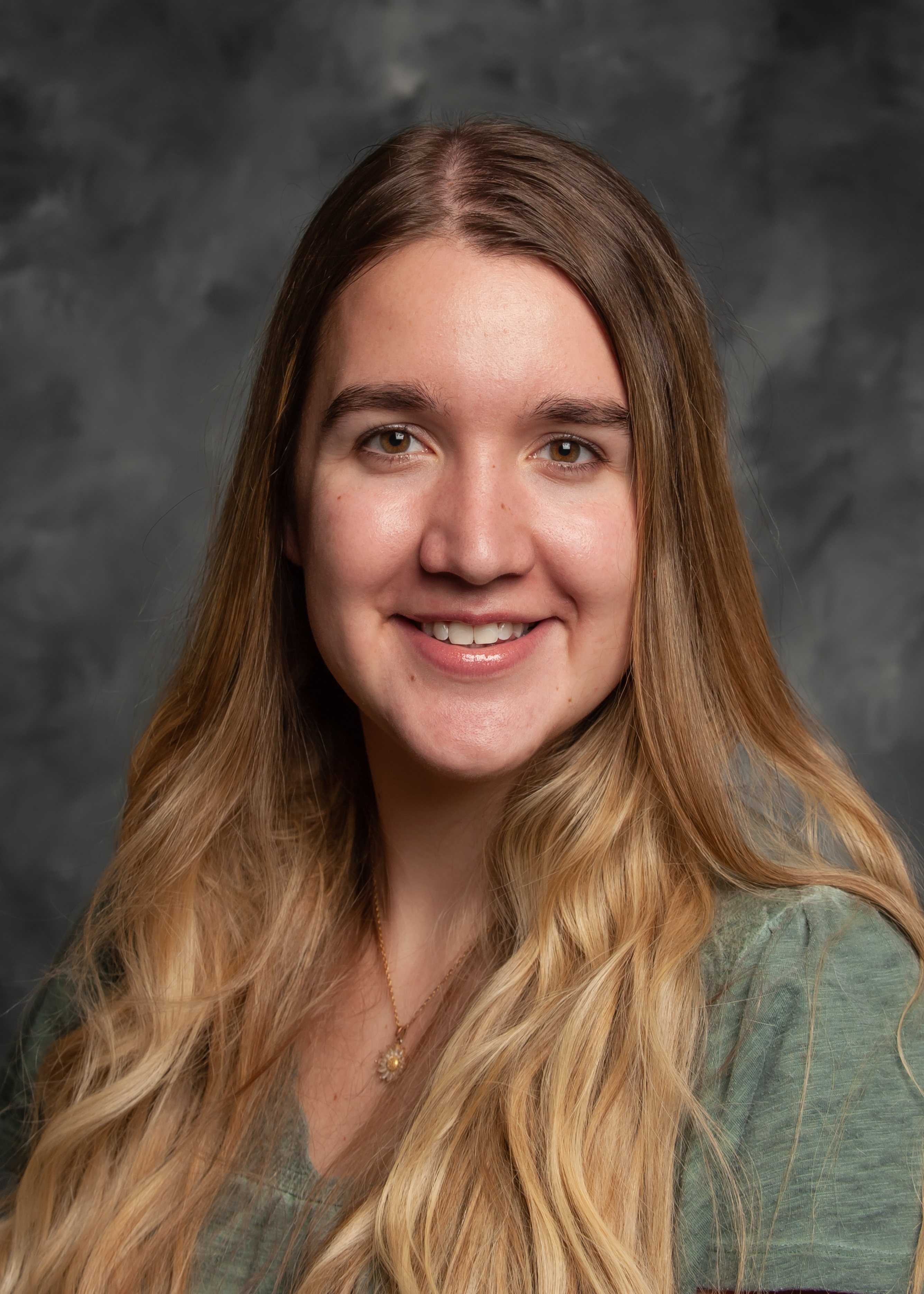
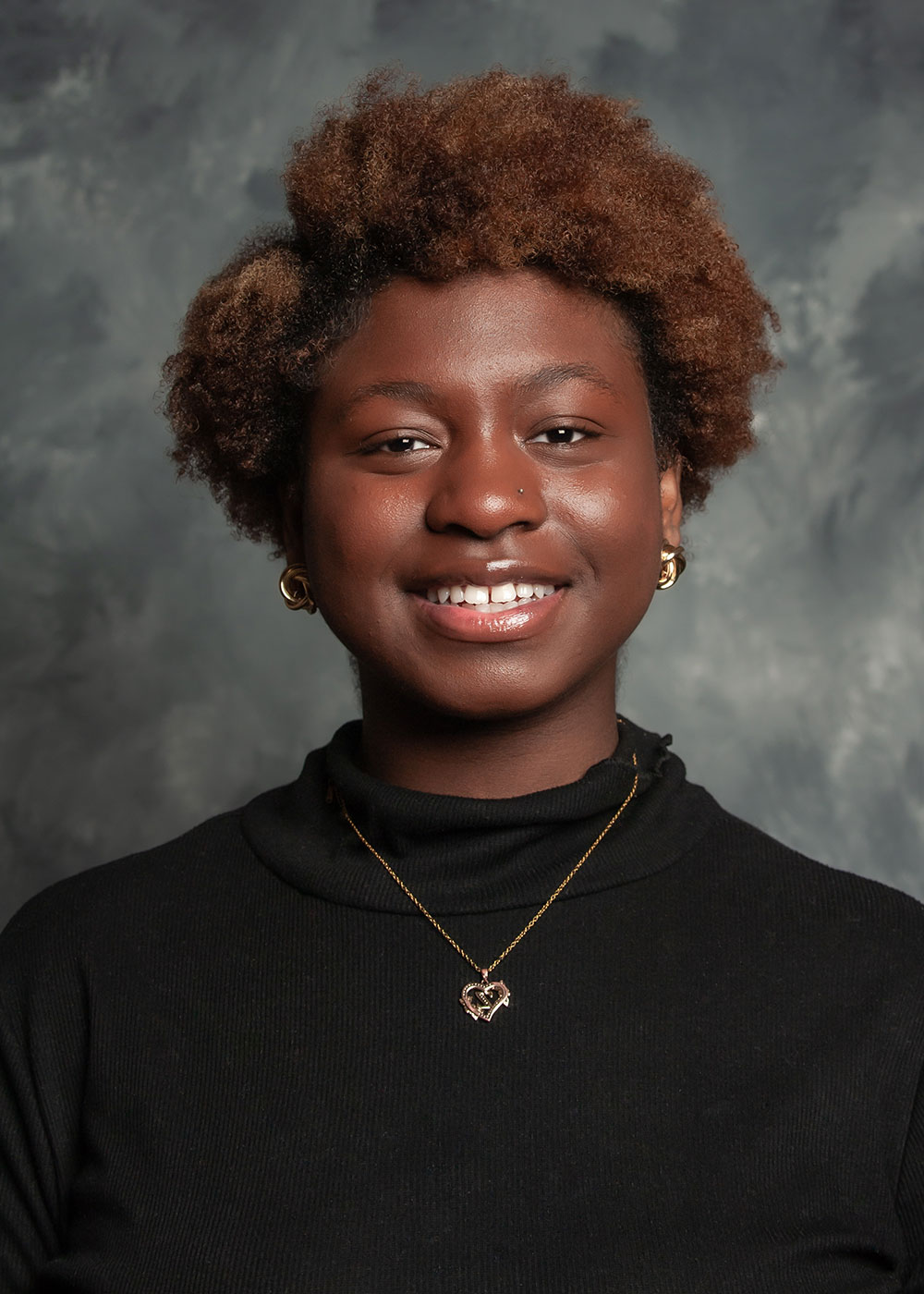
Pre-School

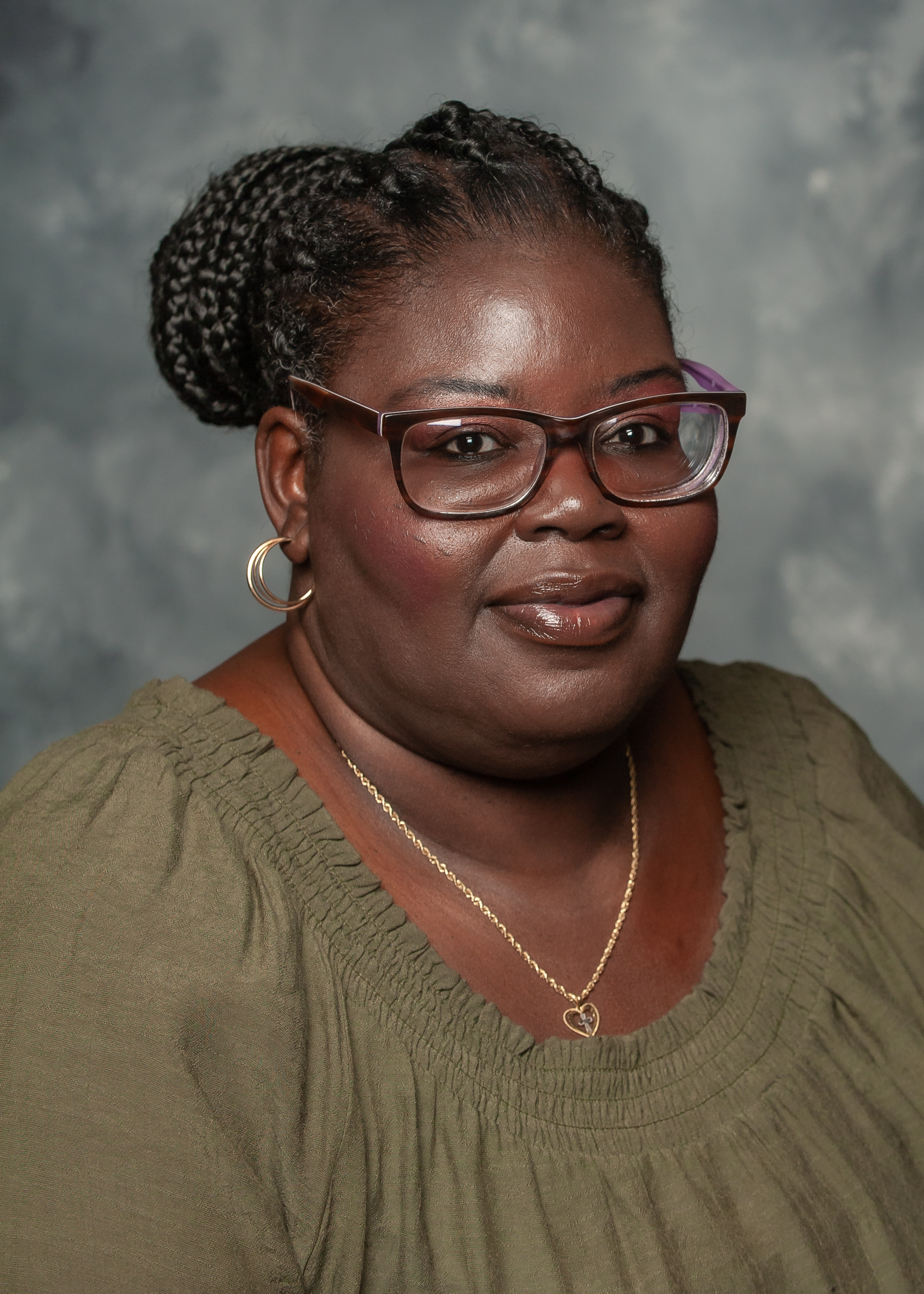
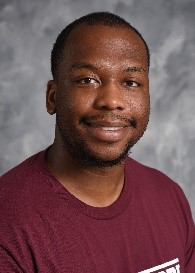
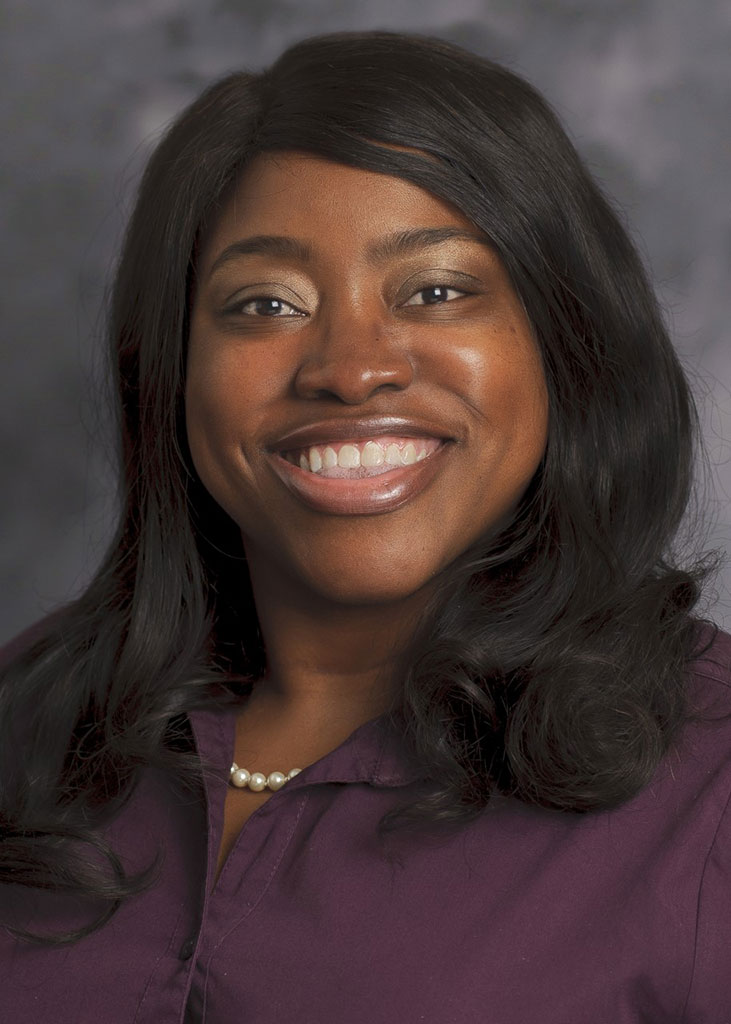
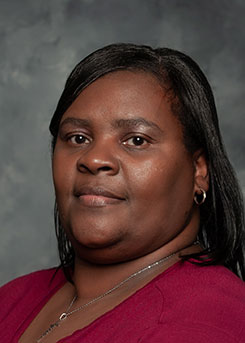
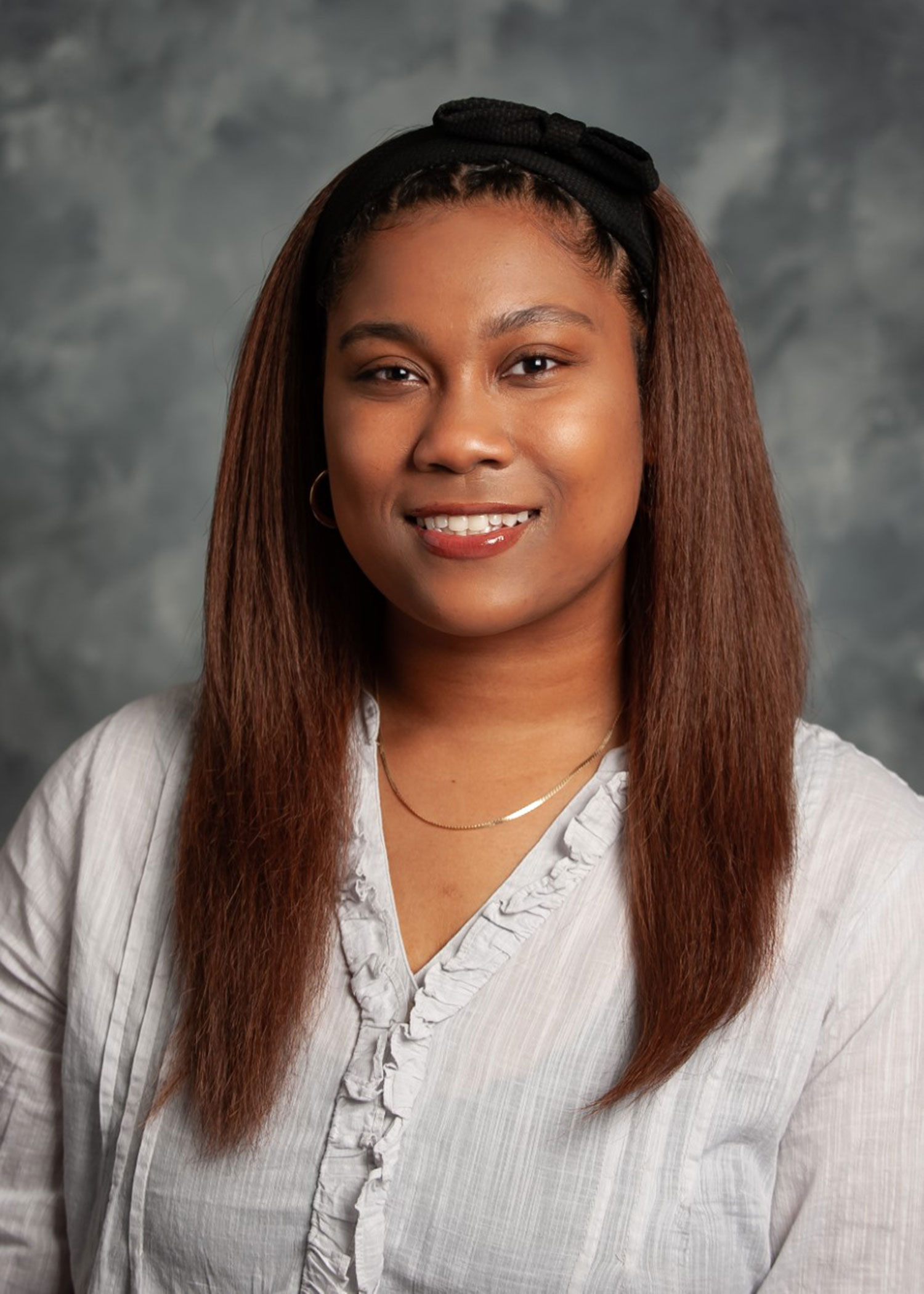
Graduate Assistant
